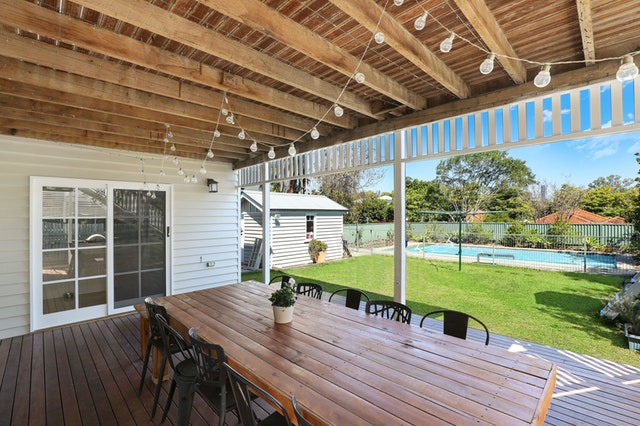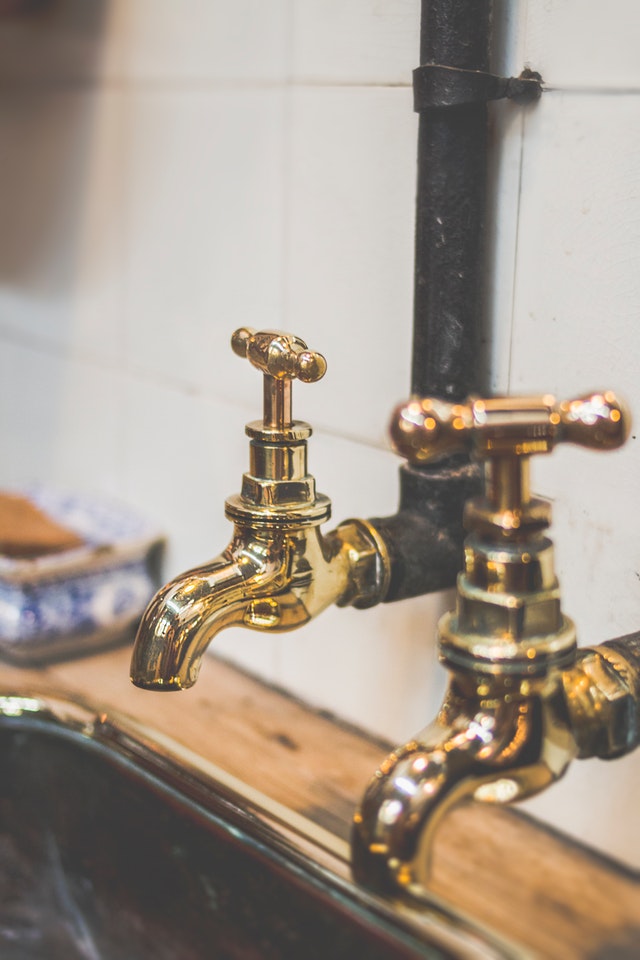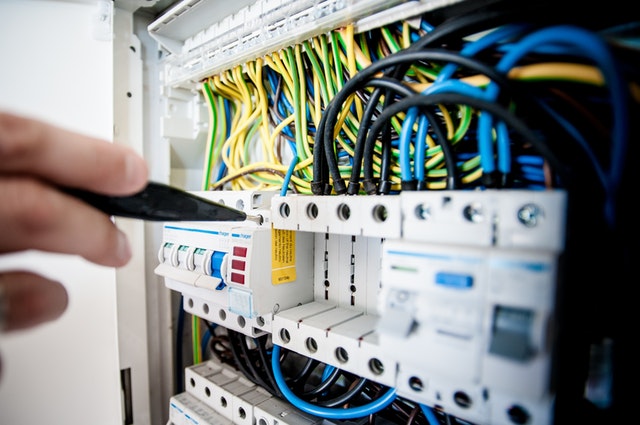Home Improvements That May Improve Resale Value
 Did you know that some home improvements lower the resale value of a home and decrease the number of potential buyers? If you are going to repaint the exterior of your home bright, traffic-cone orange and try to sell it for a high price, think again! Maybe, if the artist Pablo Picasso once lived there that might work, but probably not under any other circumstances.
Did you know that some home improvements lower the resale value of a home and decrease the number of potential buyers? If you are going to repaint the exterior of your home bright, traffic-cone orange and try to sell it for a high price, think again! Maybe, if the artist Pablo Picasso once lived there that might work, but probably not under any other circumstances.
Some things are counter-intuitive. A swimming pool is an example. Swimming pools are great and highly desirable for many people. However, others do not necessarily think so and only see them as adding unnecessary expenses for maintenance and upkeep.
There are general guidelines to follow, which give you a better chance to increase the resale value of a home by making certain improvements. If possible, work with your REALTOR® who understands the local real estate market conditions before making decisions about investing in renovations to increase a home’s resale value.
Be aware that the industry averages show a percentage of recoupment of the investment and no renovations make back what they cost, in terms of increased resale value. This means you should only consider renovations that you like for other reasons as well as the potential financial impact on the home’s value. The only way to profit from renovations is to do some work yourself.
Renovations — Partial Recoupment In Resale Value
Here are the top ten things to consider with their average installation cost, average increased resale amount, and the average recoupment percentage as ranked by Remodeling in the 2020 Cost vs. Value Report:
1. Manufactured Stone Veneer (applied to the front of the home)
Installation Cost $9,357 — Increased Resale Amount $8,943 — Recoupment 96%
2. Garage Door Replacement
Installation Cost $3,695 — Increased Resale Amount $3,491 — Recoupment 94%
3. Fiber Cement Siding (applied to the exterior of the home)
Installation Cost $17,008 — Increased Resale Amount $13,195 — Recoupment 78%
4. Vinyl Siding (applied to the exterior of the home)
Installation Cost $14,359 — Increased Resale Amount $10,731 — Recoupment 75%
5. Vinyl Windows (double-pane)
Installation Cost $17,461 — Increased Resale Amount $12,761 — Recoupment 72%
6. Wooden Deck
Installation Cost $14,360 — Increased Resale Amount $10,355 — Recoupment 72%
7. Wood Windows (double-pane)
Installation Cost $21,495 — Increased Resale Amount $14,804 — Recoupment 69%
8. Steel Entry Door
Installation Cost $1,881 — Increased Resale Amount $1,294 — Recoupment 69%
9. Composite Deck
Installation Cost $19,856 — Increased Resale Amount $13,257 — Recoupment 67%
10. Asphalt-Shingled Roof
Installation Cost $24,700 — Increased Resale Amount $16,287 — Recoupment 66%
The runner-ups, with their recoupment percentages, are remodeling the bathroom (62%), metal roofing (61%), a kitchen remodel (59%), a bedroom addition (59%), and a bathroom addition (55%).
Summary
Notice that the top ten items that make the most positive impact on the resale price are all exterior projects and most of them are visible from the front of the home. The wise adage of “curb appeal sells” seems to be true when it comes to renovations that generally improve resale value.
If you are in the market for a new home or interested in refinancing your current property, be sure to consult with your trusted home mortgage professional.

 Buying a new home is a big step for individuals and families. This is a time for celebration as the new furniture gets moved in, everyone gets adjusted, and the honeymoon phase starts with the new home. On the other hand, buying a home also means that all of the responsibilities rest with the owners.
Buying a new home is a big step for individuals and families. This is a time for celebration as the new furniture gets moved in, everyone gets adjusted, and the honeymoon phase starts with the new home. On the other hand, buying a home also means that all of the responsibilities rest with the owners. Owning a home comes with major responsibilities and also offers major questions. One of the biggest questions that people will have to answer is whether or not they want to take out a home warranty. In order to decide whether a home warranty is worth it, it is important to first understand what a home warranty is.
Owning a home comes with major responsibilities and also offers major questions. One of the biggest questions that people will have to answer is whether or not they want to take out a home warranty. In order to decide whether a home warranty is worth it, it is important to first understand what a home warranty is.